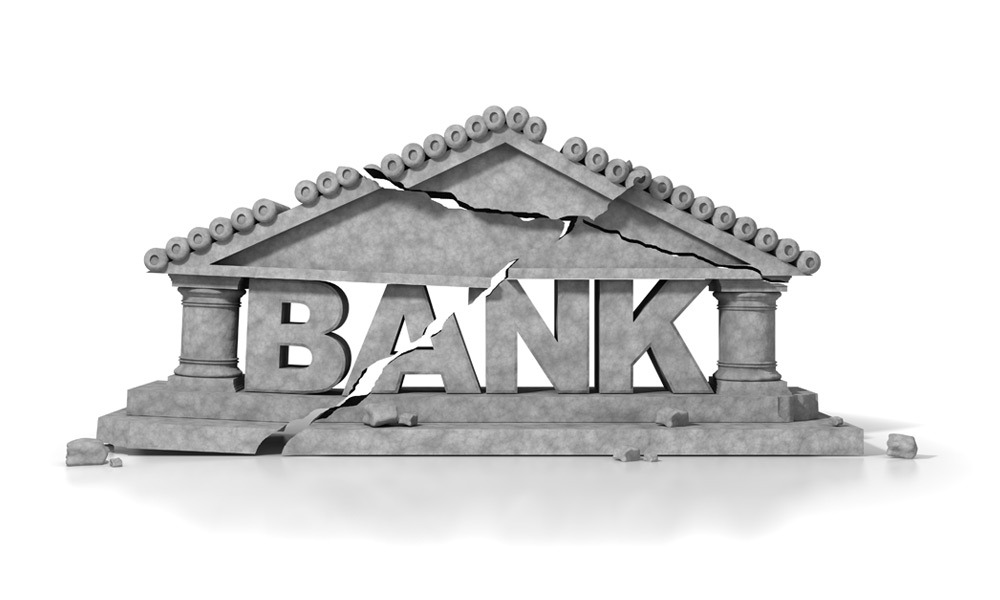Written by Ali Salamirad, Partner at SMTD Law LLP
The SVB collapse will impact many construction industry companies including project owners, general contractors and their sub-tiers – most of whom don’t bank directly with the defunct lender. Additional regional bank failures will only make things exponentially worse.
Here is what we know if you bank directly with SVB: (1) your deposits are in jeopardy depending on whether, and to what extent, they are insured by the FDIC (I could write an entire post about the nuances of FDIC coverage – suffice it to say, the $250,000 limit is more complicated than you may think – www.fdic.gov); (2) you will not have access to your lines of credit; (3) your delinquent real estate loans may be set off with your deposits; and (4) construction loans you rely on to finance your projects will likely be frozen and may never be funded.
As a result, you may not have access to expected cashflow (either from a deposit account or a LOC), which will impact day-to-day operations including payroll, general office overhead and property expenses. If you fall in this category and this is a news to you, you should stop reading this post and immediately call your trusted legal, banking, accounting and surety advisors.
If your construction loan is at risk, you should expect demands from your contractors and partners for financial assurances (e.g., AIA allows contractors to demand “reasonable evidence that the Owner has made financial arrangements to fulfill the Owner’s obligations under the Contract”). Depending on your response, you may need to analyze your rights, as owner, to suspend your project in order to mitigate the damage caused by the financial interruption. If you fall in this category, you should immediately investigate the status of your loan, analyze your rights and plan for the worst case scenario (which, unfortunately, is likely).
Which brings us to the thousands of construction companies who do not bank with SVB but will undoubtedly feel the pain of the collapse. If your project owner does not have access to capital, you will need to take immediate measures to limit your downside exposure. In addition to obtaining financial assurance from your client under your contracts, you will need to limit the amount of work being performed for you by lower tiers and suppliers because your obligations to these parties is not conditioned on whether you have been paid – “pay if paid” is not a viable legal defense in California. If entities perform work or furnish equipment or materials to your project, you will likely be required to pay them. In California, those payment obligations are further refined by the prompt payment statutes and the licensing laws. You will need to consult with your attorneys to analyze each of these situations independently as there will not be a “cookie cutter” answer that applies.
It goes without saying, without project financing your company may not be able to keep paying its project team and/or office staff. Given the significant hurdles you have faced in this hiring environment, this could be devastating for you, your employees and their families.
By now, I suspect you can think of other impacts that all companies exposed to SVB funded projects will feel. It is of critical importance that you get ahead of these issues, work with your clients, partners and team to take measures to mitigate the damage. This should include getting your attorneys, bankers, accountants, insurance and bonding agents on the phone (maybe even all together) to brainstorm and plan.
Speaking of insurance, you should also ask your advisors whether, and to what extent, you have “business interruption” insurance in place that may be triggered by the FDIC’s action. You may be pleasantly surprised to find out that you have this coverage as part of your CGL package.
Finally, we should all be prepared for additional failures. As I am writing this, there is significant chatter about other regional banks in California with substantial construction and real estate loan exposure. It is not clear if today’s reports are true or whether the “shorts” are adding chum to the water. Hopefully the latter. If it does happen, and more regional banks are added to the list, the crisis will grow exponentially and require many more of us to aggressively put a mitigation plan in place to protect your bottom line and, as importantly, your company’s ability to survive this crisis.
I wish you all the best of luck. Call or email me if you would like to discuss these issues further.
Read original article: https://www.linkedin.com/pulse/ripple-effect-svb-collapse-construction-industry-ali-salamirad/

